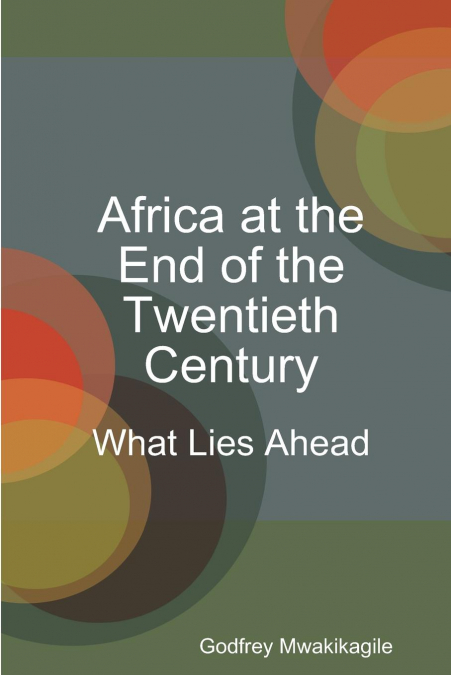
Godfrey Mwakikagile
The author looks at Africa at the end of the twentieth century and the challenges the continent faces in the twentieth-first in terms of development, governance and conflict resolution. The author also re-examines the concepts of sovereignty and the nation-state and their relevance to Africa and proposes restructuring the modern African state to reflect African realities and accommodate conflicting interests - political, regional and ethnic, among others - to achieve and maintain peace and stability in the quest for development. He also looks at the highly centralised state and whether or not federalism - redefined to suit African conditions and incorporating traditional institutions of governance - provides a better alternative to centralised authority so typical of most countries across the continent. He proposes a new form of federalism which addresses problems arising from ethnicity and regionalism. He also contends that there is an imperative need for Africans to return to their roots in order to revive and use their traditional institutions and indigenous knowledge to achieve peace, justice, stability and progress in the 21st century instead of relying on imported ideologies which have done more harm than good to Africa and are not even modified to suit African conditions. Botswana stands out in that regard. It has used its traditional institutions very well, such as kgotla, in resolving conflicts and making community decisions on other matters on consensus basis. As the Tswana say, the highest form of war is dialogue. The author also looks at devolution as a means to achieve true democracy and as a tool in conflict management and resolution in countries where some groups, especially ethnoregional, feel they are marginalised by the central government dominated by a few individuals or rival ethnic groups. He also addresses regional integration versus secession and contends that although there may have been some secessionist movements in the post-colonial era which were justified - Katanga was not one of them, he maintains - the future of Africa lies not in secession but in regional integration and formation of federations. Africa has experienced both, integration and secession, and may still face secession in some parts of the continent in the future if the leaders involved do not address the grievances of their people, especially ethnic and regional groups which are marginalised. The author states that there may even be a need for another 'Berlin conference,' but this time one that is organised by the Africans themselves, and only for Africans, to redraw the map of Africa and resolve territorial and ethnoregional disputes and conflicts caused by the boundaries which were imposed on Africans by the imperial powers to suit their own interests, totally ignoring the indigenous people as if they did not even exist. The book also provides a theoretical framework for further research and rigorous analysis and for devising innovative solutions to Africa's multi-faceted problems although the author has avoided delving into abstract concepts since the purpose of his work is to involve everybody, not just academics, in finding solutions to the problems the continent will continue to face in the twentieth-first century.